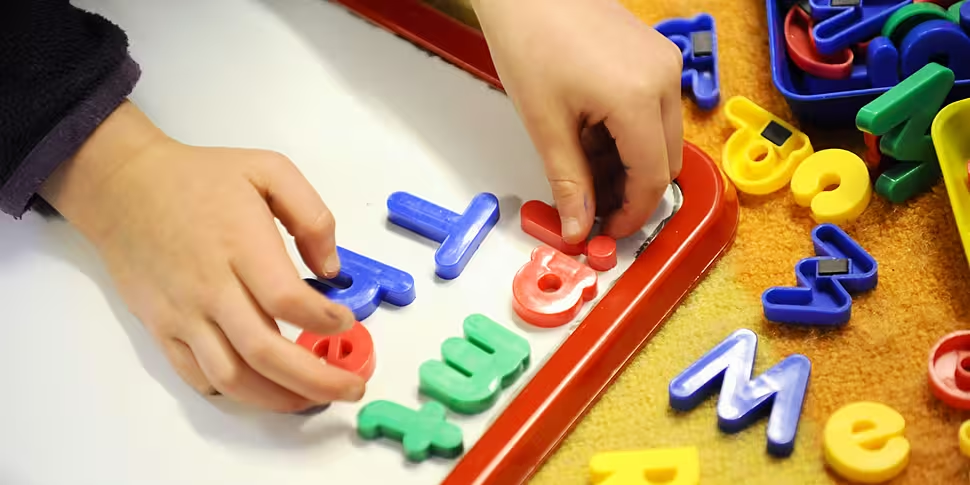Every week on Moncrieff, Joanna Fortune - a psychotherapist specialising in Child & Adult Psychotherapy - answers the parenting questions of Moncrieff listeners.
This week, a listener is concerned about their young son using 'undesirable language' when he doesn't get his way.
The question
My five-year-old son is using a lot of undesirable language while playing with his three-year-old brother and when he doesn’t get his way. For example, when playing with his brother he will often say ‘you stinky poo-poo head’ or ‘punchy-punchy’ repeatedly. He says it in a nasty, teasing voice and can be passive-aggressive at times.
He’ll say things like ‘stinky mama’ or ‘slappy mama’ when he’s asked to do something he’s not happy or doesn’t get his way. He’ll gesture to try to squeeze my arm in an aggressive way.
I’ll always warn him I want him to stop speaking like that, and warn him there will be a consequence. He usually does continue, and will often even try to change the word to a rhyming one.
This evening, it happened at bedtime, so I took a page off his story. He gets upset, but then it will happen again. Any advice?
The advice
Joanna said this kind of behaviour isn’t unusual in young children.
She explained: “This is an age when they’re fascinated with toilet humour, fart jokes, making noises, pointing out bodily functions as things of great ridicule.
“Around four-to-five years of age is when their sense of humour is developing… they also know this kind of language gets a response. Teasing in general is designed to elicit a response - to irritate, provoke and annoy. But it can also be a playful thing.”
She said parents can often laugh at the start of such teasing before becoming stricter as it continues, and that change in reaction can confuse children.
Joanna said parents do need to challenge language if they’re not comfortable with the language being used - noting that ‘distraction and redirection’ are their best tools in dealing with it.
She observed: “Maybe ask him to reflect with you on how he would feel if he was called names like this, and how must someone else feel?
“He may care more about what his friend would feel than his brother at this age. But you could also tell him what you feel when he name-calls.”
She suggested that parents should keep a ‘poker face’ when the words are used.
She said: “If you say it’s rude, it’s unacceptable… over the course of time… it will gradually lose its appeal for him."
In terms of consequences for such behaviour, Joanne said it’s important to not take away important parent-child time.
She explained: “I would always dissuade parents from using bedtime stories or parent-child playtime as a way of incentivising behaviour one way or the other… I think those are two moments of the day that should always be in the day, no matter what’s going on.
“You can get a book that deals with a little boy using language that’s not ideal… there’s definitely a book that deals with everything out there. Storytime could be a way of getting your parental agenda across.
“But moreover, it’s an opportunity for downtime… connecting with him in a very calm, soothing way. Don’t take that away.”









